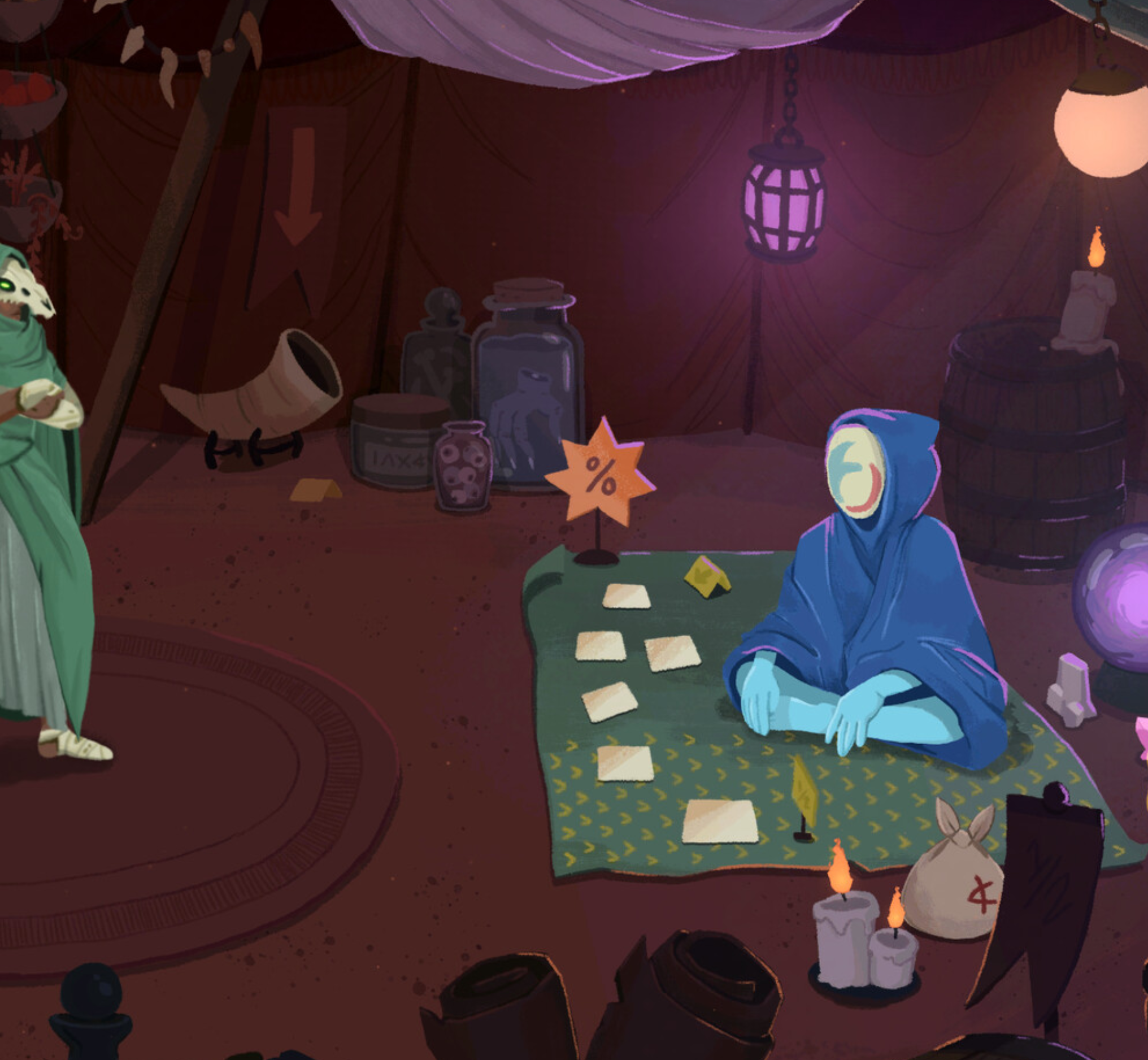The long-awaited return of the BioShock franchise has hit a major turning point. BioShock 4, which has been in development for several years under the internal studio Cloud Chamber, is undergoing a significant creative overhaul. With changes in leadership and a reported narrative reboot, the title’s development path has shifted, raising both concerns and cautious optimism among fans eager to see the beloved series revived.
First announced in late 2019, BioShock 4 has remained largely under wraps, with only hints at its setting and direction leaking out over time. Early rumors pointed to a game set in a dystopian Antarctic city, continuing the franchise’s tradition of exploring isolated, ideologically driven societies. However, according to sources close to the project, much of that original vision is now being reworked.
At the center of the shake-up is a change in narrative direction. Developers are reportedly moving away from the initial storyline and restructuring the game’s core themes and setting. While specific plot details remain confidential, insiders suggest the reboot aims to bring the story closer in tone and philosophical depth to the first two BioShock games—widely praised for their sharp writing and commentary on free will, objectivism, and societal collapse.
In addition to narrative changes, the project has seen key departures and new hires in leadership roles, including narrative leads and creative directors. These transitions reflect an effort by 2K Games to refocus the project after years of slow and, at times, uncertain progress. Sources describe the shift as a “reset, not a cancellation,” with development continuing steadily but under a redefined vision.
Despite the turmoil, there are signs that the game is evolving in ambitious ways. Job listings from Cloud Chamber suggest that BioShock 4 will run on Unreal Engine 5 and may feature an open-world structure—marking a departure from the more linear, corridor-based levels of previous titles. The team is also investing in advanced AI systems, dynamic storytelling techniques, and systemic gameplay features, which could bring a new level of depth and interactivity to the franchise.
For longtime fans, the news is a mix of concern and hope. On one hand, development shake-ups often raise red flags about internal challenges and project direction. On the other, a fresh narrative focus may be exactly what the series needs after more than a decade without a new entry. The original BioShock and its sequels set a high bar for philosophical storytelling and atmospheric world-building—one that any new installment must strive to meet or exceed.
As of now, BioShock 4 still lacks a release window, and 2K has remained quiet about its status in public forums. But with new leadership in place and a revised creative vision, the game appears to be back on track, albeit cautiously. Whether it will recapture the lightning-in-a-bottle magic of its predecessors remains to be seen—but one thing is certain: expectations are as high as the ocean is deep.



